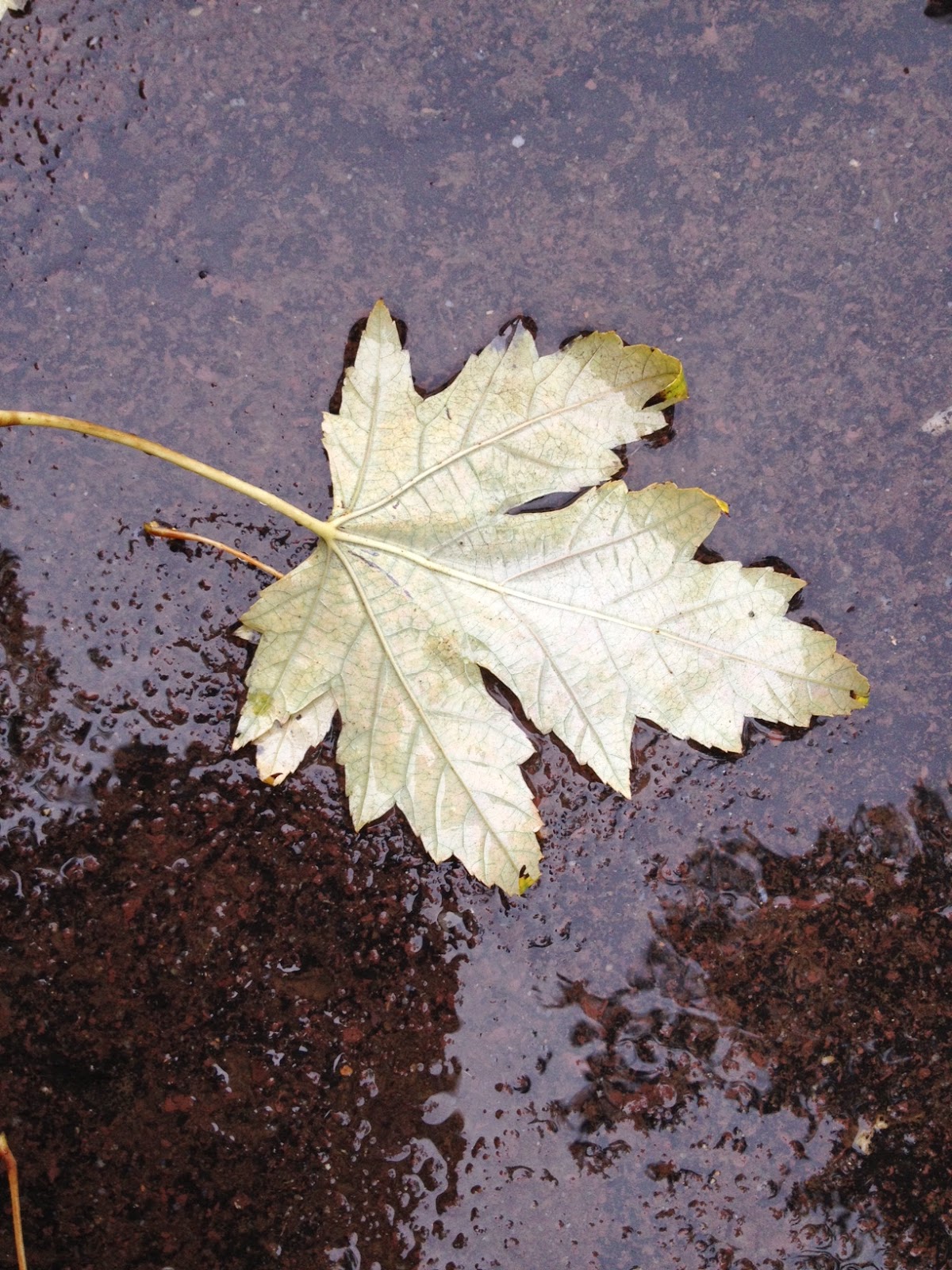Save Me!
Most of my
posts have been about the farm, bringing you here, hoping that you will love
the creatures and the dirt of it all.
There is work to be done too, and if you want to share in that as well,
then join me in the chores and make your own patch of dirt work for you.
Tomatoes!
The holy
grail of gardening pursuits seeking the biggest, the first, the best tasting,and
(for me) getting the last tomato. This time of
year, the tomatoes here are finishing their race, ripening slow and smoky on
the vine.
I save seeds now not because
it is an ideal time, but because this is the time of year that I am gleaning. The crops have slowed down enough that I can
start to sort and save.
Here are
some tips on saving seeds from your best tomatoes and some advice from the “do
as I say and not as I do” category.
11. Pick out your best really ripe fruits.
Ideally I would pick out 5 of the best tomatoes of the same variety even
though I am showing you only 1 tomato from each variety that I am saving.
Best means no rot, no deformities, no weird blotches, but you want them
to be soft and really ripe so that the seeds inside are mature.
22. Slice the fruits in half and spoon
out all of the gelatinous seedy oogy stuff into a glass container that you can
see through (a mason jar or tall drinking glass will suit this purpose). Label the container well.
33. Fill the glass container to about an inch below the top with water.
44. Leave to sit for about 3 days on your
counter. Why 3 days? Tomato seeds need to ferment a bit to jump
start their ability to germinate later.
If you put on your “I am nature” thinking cap, you will note that in the
absence of a farmer/gardener, a ripe tomato would fall from the vine, rot
(a.k.a. ferment) on/in the ground and come Spring the seeds would sprout when
the timing was right.
55. At this point, the juice will
stink! Really, worse than a teen boy’s
gym clothes locked in his trunk for 2 weeks.
Stir up the juice even though it’s going to smell worse.
6
6. Wait an hour and notice that you will
have a layer floating on top and another layer of seeds on the bottom. The top layer goes into the compost. The bottom layer is your prize. The seeds that are floating are not going to germinate - trust me.
7. Pour off the top layer carefully into
the compost bin and then pour the rest of the liquid into a fine meshed sieve
straining out the good seed. Wash the
seed a few times under cool water and pick out any vegetable matter.
8. At this point, I prefer to dump the
seeds out onto a labelled paper towel that I have quartered, and spread the
seeds out so that they are not bunched together. Dry overnight or longer to make sure the towel and the
seeds are really dry. Place the entire mass into a plastic Ziploc
baggie.
9. Store in a cool, moisture free,
dark space. I like to store seed in a
plastic box with a lid, put a few of those little silica packets (this is a
desiccant and it takes moisture out of the air) from boxes of new shoes and
keep the whole works on a closet shelf until Spring when the timing is right. Some people use Mason jars and put them in
their basement fridge with the silica packets.
This is a great idea as long as the fridge isn’t prone to freezing and
as long as you let the seeds warm to room temperature before opening the jar
because water from humid air likes to condense on cool objects. Moisture is really hard on seeds and will greatly reduce your germination rate.
You are a
good scout, already prepared for next Spring!
You have saved yourself anywhere from $2-$4 per variety just by doing
this. You have also selected fruits that
like growing in your garden environment which will increase your chances of
success next year. It’s a win-win.
What about
cross pollination? In my experience,
seeds collected from my tomato plants almost always come true from seed. In an article “The Tomato: Still Champion”
printed in “Secrets of Master
Gardeners” published in 1982 by Rodale Press (the publishers of Organic
Gardening magazine) stated: “Tomatoes
rarely cross-pollinate, and produce little pollen and no nectar. On many varieties the pistil, which traps
pollen, never emerges from the sheath formed by the pollen-bearing anthers. Since the pistil becomes receptive to pollen
several days before the anthers mature, it could accept foreign pollen, but in
field observations, this happens with less than 4 percent of all blossoms.”
Garden, and glean on!
.JPG)














.JPG)
.JPG)
.JPG)
.JPG)
.JPG)
.JPG)
.JPG)
.JPG)
.JPG)
.JPG)
.JPG)
.JPG)
.JPG)
.JPG)
.JPG)
.JPG)
.JPG)
.JPG)
.JPG)
.JPG)
.JPG)
.JPG)
.JPG)
.JPG)
.JPG)
.JPG)
.JPG)
.JPG)
.JPG)
.JPG)
.JPG)
.JPG)
.JPG)
.JPG)


.JPG)
.JPG)





.JPG)
.JPG)

.JPG)